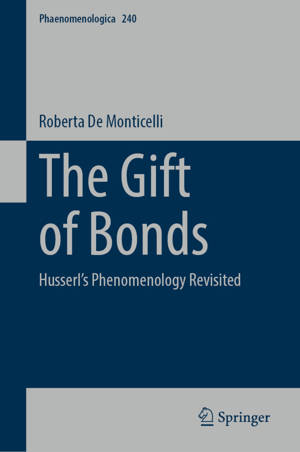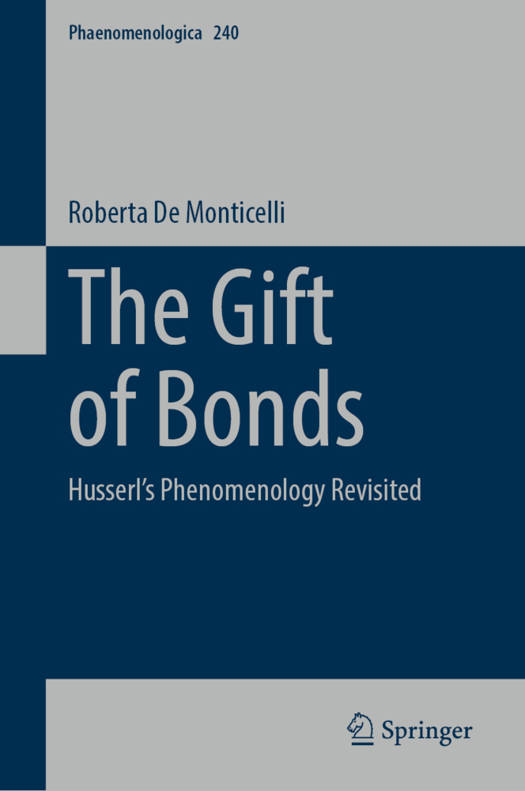
- Retrait gratuit dans votre magasin Club
- 7.000.000 titres dans notre catalogue
- Payer en toute sécurité
- Toujours un magasin près de chez vous
- Retrait gratuit dans votre magasin Club
- 7.000.0000 titres dans notre catalogue
- Payer en toute sécurité
- Toujours un magasin près de chez vous
Description
This book presents the idea of the gift of bonds as the core intuition of phenomenology, constituting it into that method of philosophical research that Husserl had in mind when he characterized phenomenology as the culmination and fulfillment of Western philosophy. The book clarifies this claim while offering a unitary key to the whole of Husserl's published and posthumous work. The idea of the gift of bonds unfolds progressively as a key to understanding the related notions of essence, material apriori, non-empirical data, structure, ideality, and value.
By unveiling the "unitary foundation", the key concept discussed in the Third Logical Investigation, the present book presents this central notion as capturing the very idea of concreteness, as experienced and phenomenologically described in terms of qualitative "plena", and the not less important class of ideal or abstract objects. The author takes this concept to be the core theoretical idea of the entire phenomenomenological approach to reality and philosophical research, and argues for this claim in chapters IV-V as it remains a leading thread throughout all chapters of this book. This book appeals to students and researchers working in phenomenology.
Spécifications
Parties prenantes
- Auteur(s) :
- Editeur:
Contenu
- Nombre de pages :
- 266
- Langue:
- Anglais
- Collection :
- Tome:
- n° 240
Caractéristiques
- EAN:
- 9783031521508
- Date de parution :
- 02-08-24
- Format:
- Livre relié
- Format numérique:
- Genaaid
- Dimensions :
- 156 mm x 234 mm
- Poids :
- 566 g

Les avis
Nous publions uniquement les avis qui respectent les conditions requises. Consultez nos conditions pour les avis.






